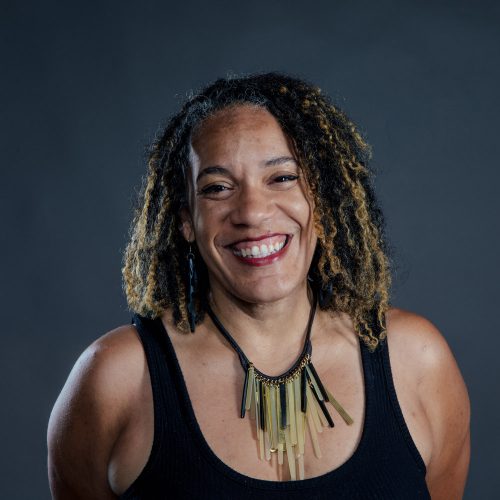
Here we are. We are forever changed and unrecognizable to our pre-2020 selves. We are not the same in ways that may be obvious, or in ways that are more subconscious. Collectively, I think we can agree, our society looks very different than it did just three years prior but: Are we OK?
Anyone born after 1975 has been socialized and racially integrated most, if not all, of our lives. We have gone to school completely integrated. The messaging we have studied together was about the benefits of diversity. However, the small writing in this arrangement is that we would then socialize all non-white people to behave, associate and recognize themselves through a lens of whiteness.
All information not only for ourselves but also for our white counterparts in the front of the class was whitewashed to ensure that segregation would remain intact. Perhaps not in proximity, but certainly in opportunity, self actualization, access and resources.
Those of us living in places that were mostly white experienced that integration in a way that had such a hidden violence it became normal, expected, even comfortably predictable.
Integration was violent? The erasure of Black history and contributions, Indigenous sovereignty, and the basic knowledge of the global violence with young minds asking for clarity and affirmation is violent. That violence was taken subconsciously and noted in self worth, self esteem and internalized oppression. These issues, shackled in our minds, were carried into adulthood. Some of us survived and others — well, they are unrecognizable but familiar versions of who they were from the continued impact of it all.
As violence does, you’re never the same. As the world spirals towards an unknown awakening, the privileged are expressing their fear of losing power in the most sweepingly violent ways they can: stripping the already bare social systems of any recognizable human decency for its citizens, specifically citizens of historically excluded groups.
It is a choice. The same one for each of us — historically excluded and white-bodied men — a choice to face the untold and unspoken stories. For those of us who represent the global majority, the need to declare that the space we take is not by favor, but by character, by persistence, by resolve, by receiving the assignment from our ancestors and community, picking it up and leaving nothing unanswered.
This character, undoubtedly measured by white-bodied people by the violence the environment has promised us. That character is not the character we speak of. Our character is connected and buoyed by our deep knowledge of self, community and familial worth. This character constantly wrestles with that opposition. To be in high proximity to whiteness, is to consistently balance precarious positions of safety and progress.
Now, late 2023, we are not indebted. We are not in doubt. The balance is publicly displayed as uneven; we are seeing the lie. The choice the global majority is making is to reintroduce a truth that is not new to them, but new in an insistence to have our natural names be pronounced how they were intended, an insistence that the teachers represent my culture, an insistence that linguistic variety is represented in a robust and functional way, an insistence that the structures — the institutions — are named and held responsible for their part in this violence. The insistence that white peoples’ discomfort is not a no go, but a necessary step to liberation.
This is a different courage, this is a different movement, this is a new collective truth. I’m here for it.